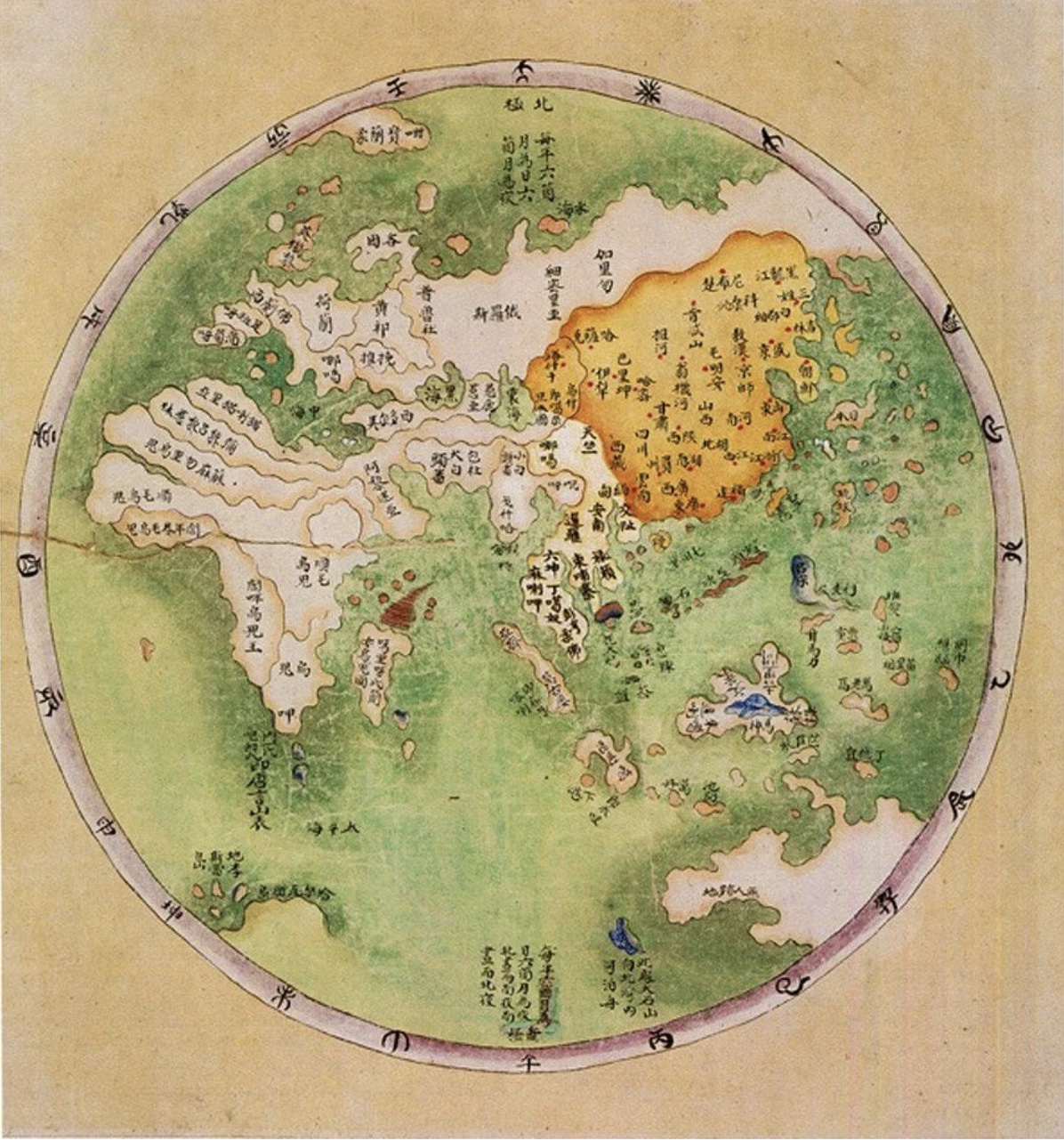
Although stereotypes of a xenophobic China persist, in fact, for millennia China has been deeply connected to international networks of culture, economics, and politics. These include the Silk Road that supplied Roman Senators with purple dye for their togas, maritime trade that brought in Jesuits, silver, and British opium, and intellectual exchange that redefined sexuality and inspired experiments in Anarchism, Democracy, and Communism. Today China has re-emerged as a central force in the global economy while its poets, novelists, and artists retake the international stage. In this course we will use documents, diaries, letters, music, film, and images, as well as popular and scholarly books and articles to explore both China’s role in the world and how others’ perceptions of China and China’s perceptions of the world have shaped that role.
- Professor: Susan Glosser